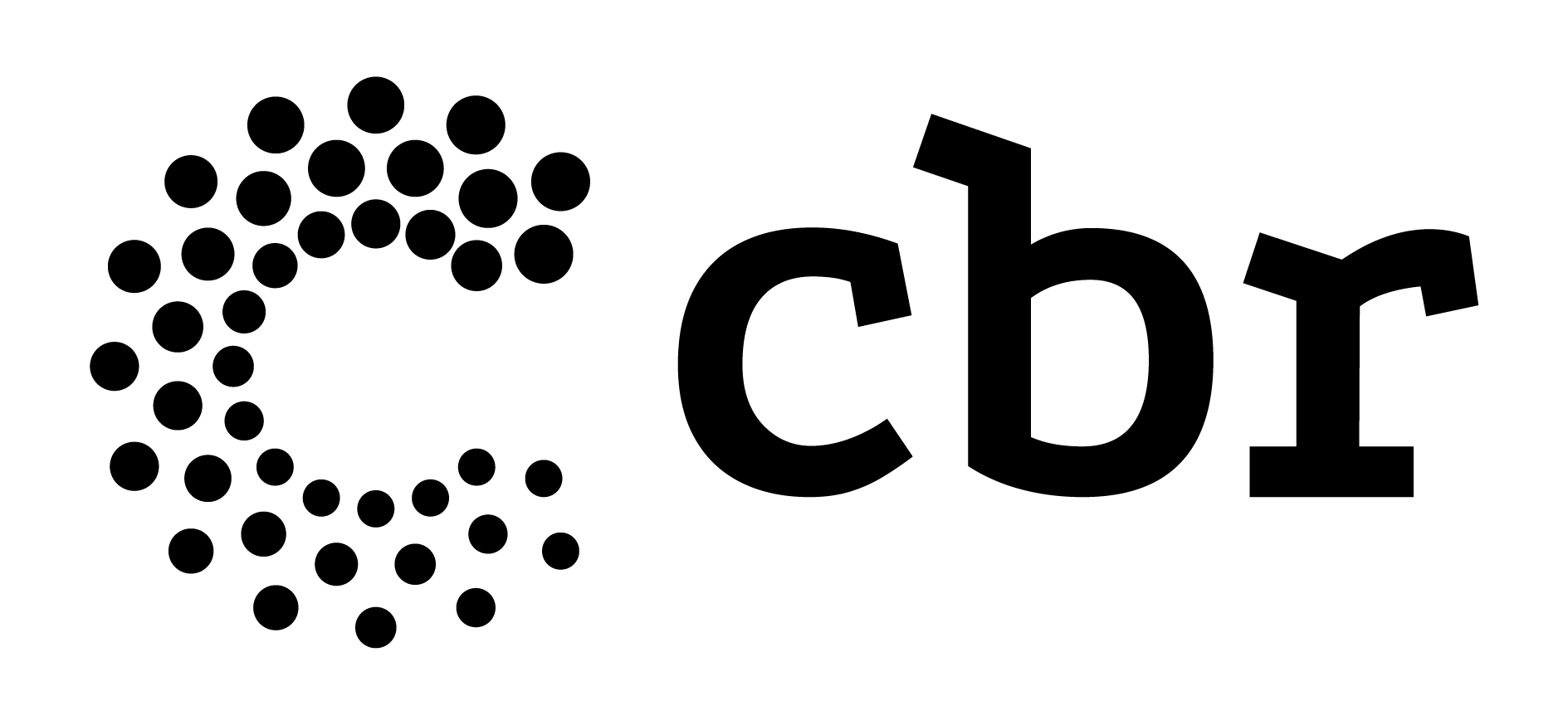Medical training must reconcile two important principles. On the one hand, the moral requirement of non-maleficence in medical practice and, on the other hand, the need to exercise autonomy as a way to develop important behaviors in the professional future, such as grounded freedom, responsibility, the spirit of collaboration, continuous learning and of reflection.
Working on the relationship between these two principles is the responsibility of resident/researchers and preceptors, who must jointly establish the limits of autonomy in activities necessary for learning, ensuring patient safety.
The activities carried out in a team made up of residents/student trainees and tutors are the ethical and legal responsibility shared by all those involved.
The exercise of autonomy should never be used with the sole purpose of preserving the preceptor physician from his/her activities and responsibilities or to compensate for inadequate sizing of medical teams.
The Commission for Teaching, Improvement and Medical Residency (CEAR) of the CBR reiterates that the activities of the training program must comply with the regulations of the National Commission for Medical Residency and the Federal Council of Medicine on the subject.
The activities of residents/researchers must be carried out in the presence of a full-time preceptor, and the autonomy of resident/researchers must be defined taking into account the various specific characteristics that involve each medical act, including its complexity, the local experience and resources, in addition to the specific qualification and maturity of the doctor in training.




